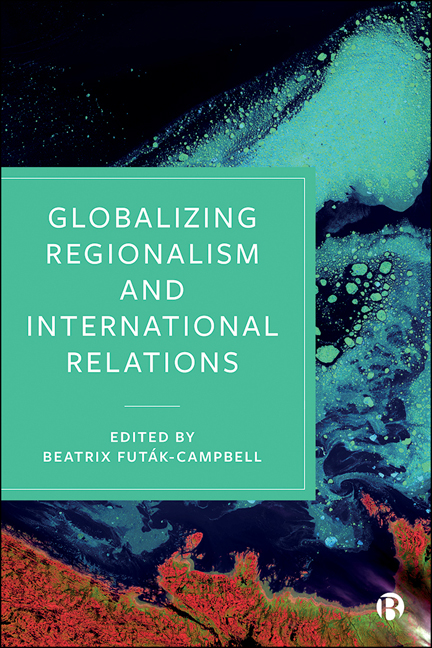3 - Embracing the Particular: A Research Agenda for Globalizing International Relations
Published online by Cambridge University Press: 21 December 2021
Summary
In part thus, the division has been one between those who crave knowledge in the form of universal propositions and discount the merit of ‘mere description’, and those who revere the unending uniqueness of human experiences and see mainly empty words in abstract formulations. (Pye, 1975: 6)
In the course of my daily duties as an academic, I am often approached by international relations (IR) students asking me how I learned Arabic during my PhD and what is the best way for them to do the same. More often than not, I find myself simultaneously sympathizing with their plight and then dissuading them from trying to complete a PhD in IR and learn Arabic at the same time. The discomfort I experience when doing this comes from to the hypocrisy of my advice: it's a classic case of ‘do as I say and not as I did’.
The reason I dissuade students from language learning and deep regional embeddedness is because I found to my dismay that learning Arabic and building a nuanced, deep knowledge of the Middle East did nothing to improve my job chances in IR; and in some cases my regional knowledge has been regarded as a hindrance and not a benefit by potential employers.
On more than one occasion in job interviews, my skill set was challenged with the question of whether or not I considered myself a Lebanon specialist only. Furthermore even when jobs in IR were advertised as specifically seeking Middle East expertise, I found this to be a misnomer: universities wanted people who had researched case studies in the Middle East, not people who actually knew the region and spoke the language. In sum, I can honestly say that I cannot think of one example of when deep regional knowledge has been of benefit to my academic career in IR. The only time it comes in handy is when I am asked to write for a generalist audience or speak to the media. Until now, in these spaces alone has my regional knowledge been considered useful and valued.
The Globalizing IR project seeks to include regional voices more fully into IR and move past the ethnocentrism of mostly North American and European scholars.
- Type
- Chapter
- Information
- Globalizing Regionalism and International Relations , pp. 49 - 74Publisher: Bristol University PressPrint publication year: 2021

